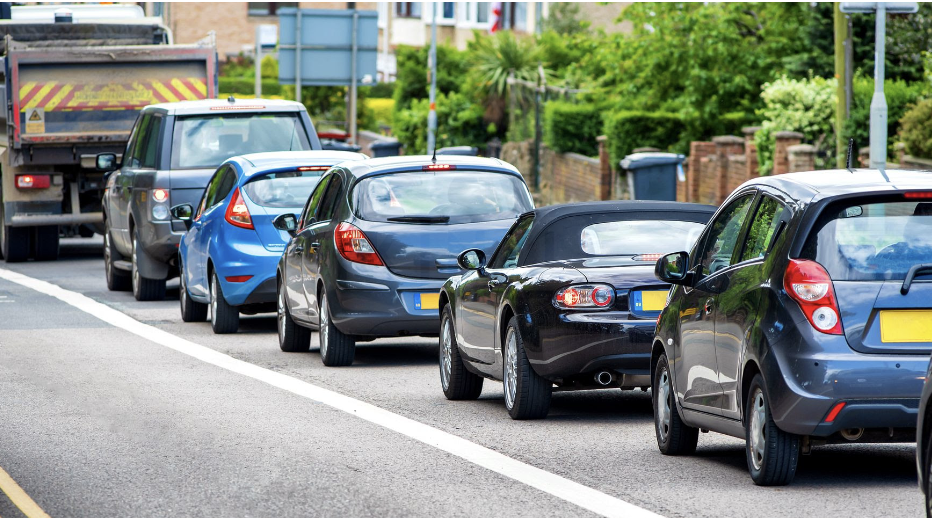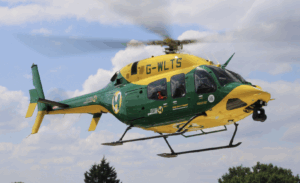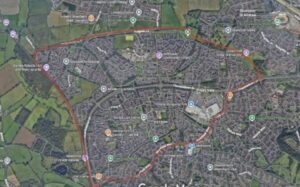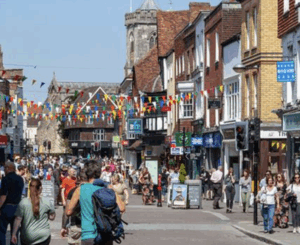As the first bank holiday weekend of May approaches, more than 16 million drivers are gearing up to hit the roads, setting the stage for what experts predict could be a weekend of traffic ‘May’hem. Research conducted by the RAC in collaboration with transport analytics specialists, INRIX, indicates that travel volumes are set to soar well above pre-COVID levels.
According to the study, the surge in getaway traffic is anticipated to commence on Friday, May 3rd, with numbers peaking on Saturday, May 4th, as an estimated 3.3 million journeys are projected. Sunday, May 5th, and Monday, May 6th, are expected to see a further 2.3 million and 2.6 million trips respectively, with an additional 5.6 million drivers contemplating travel throughout the weekend.
The majority of drivers, accounting for 39%, plan to utilize their vehicles to spend quality time with family and friends, while 14% intend to engage in shopping activities. Moreover, 8% of drivers are opting for a short break with loved ones, while a similar percentage is considering a stay at a holiday home or a visit to the coast or beach. However, with planned strikes at Heathrow Airport over the weekend, only 4% of drivers are gearing up for air travel.
To mitigate potential travel disruptions, INRIX recommends that drivers avoid embarking on journeys during peak congestion periods. These include Thursday between 1pm and 7pm, Friday between 11am and 6pm, Saturday between 9am and 2pm, and Sunday and Monday between 10am and 3pm. Additionally, traveling before 9am or after 5pm is advised for smoother journeys.
Analysis from INRIX indicates that Friday, May 3rd, will be the worst day for traffic delays, with journey times expected to be 13% longer than usual on major routes. Furthermore, early signs of heavy traffic may manifest on Thursday morning in certain regions, with the M53 southbound experiencing delays of up to 45 minutes.
The busiest route, however, is anticipated to be the M5 southbound between Bristol and Taunton on Friday afternoon, with travel times expected to be nearly two hours longer than usual due to a convergence of getaway and commuter traffic.
RAC Breakdown spokesperson Alice Simpson emphasized the importance of planning return journeys in advance, especially for those extending their weekend breaks into the following week. She warned that industrial action, such as the train strikes scheduled between Tuesday, May 7th, and Saturday, May 11th, could lead to increased road congestion as commuters seek alternative transportation options.
Bob Pishue, transportation analyst at INRIX, echoed Simpson’s sentiments, cautioning drivers to anticipate significant delays on major routes as holiday traffic intersects with regular commuter flow.
As millions of motorists prepare to embark on their bank holiday journeys, careful planning and awareness of potential travel disruptions will be key to ensuring a smooth and enjoyable weekend for all.


































